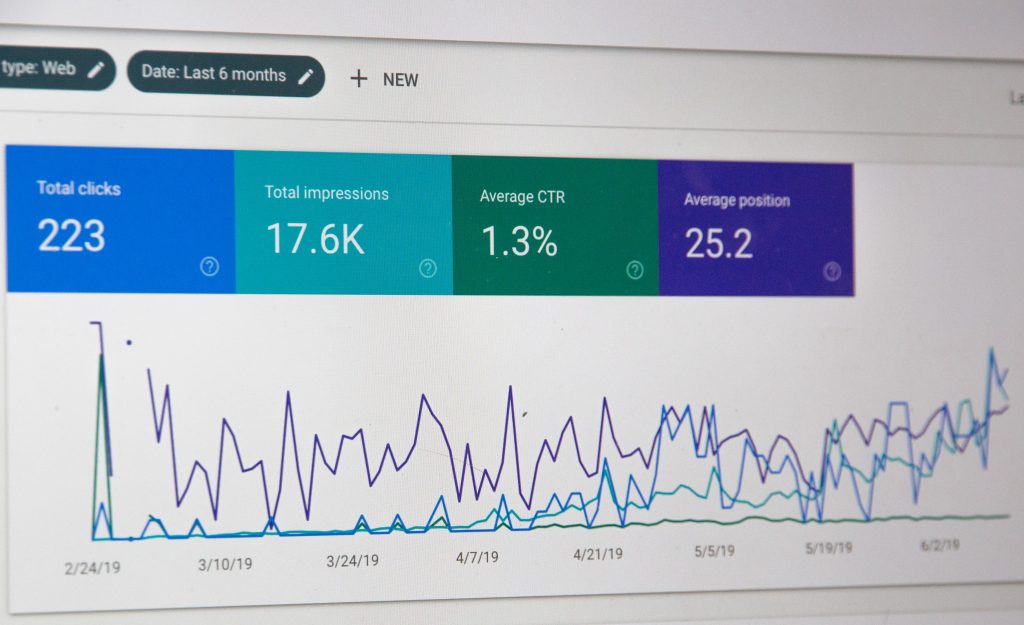You’ve probably read articles online time and time again that, in big dramatic letters, spell out disaster for online marketing strategies thanks to a new Google algorithm. These changes are not uncommon but can be troubling for those who have put in the time to get their URL reaching the first search page through search engine optimisation (SEO).
When algorithms strike, websites ranking on the top of the search results for a given phrase one day could be relegated to page three after the change. In some cases, even the most reputable sites with consistently good content and strong SEO find themselves dropping five or even 10 places in a Google search.
In truth, the world of SEO is ever-changing, and the pace of that change is always accelerating. In digital marketing, it’s both a blessing and a curse. A necessary evil that makes a huge difference if done right.
We have now gone beyond the true-and-tried SEO techniques and entered into a realm of algorithms, penalities and the often unexplained. So how do companies survive this SEO minefield and keep their businesses at the top of search engine searches – one of the primary sources for new and existing customer returns?
At Myk Baxter Marketing, they take a much more personalised approach to SEO than your regular digital marketing partner. The difficulty with generic SEO is that it ends up benefitting the site owner more than the customers it targets – ultimately reducing opportunities.
Cheating on SEO is no longer viable. Some would argue it never was, but we all know that one website with a paragraph of nonsense at the end of the page for the bots of Google to pick up. Saying that, bots are equally bad at picking up nuance in language or if it’s poorly written, are simply unable to interpret the text. This is why Myk Baxter Marketing is a good case study for how to optimise your site through SEO by throwing old cheats out of the window and creating genuine, user-friendly and engaging copy that is both tailored to the customer and injected with top quality SEO.
Here’s a little insight into how they do it so well:
1. Develop descriptive metadata and body text with keywords that work on both levels.
By using the right keywords, you help both the human searcher and the search engine bot figure out what you’re offering and what your pages are about. By figuring out which keywords pack the most punch and putting them in the most prominent places will help everyone involved.
However, be warned! If your text starts to read unnatural, then people will be turned away. Stick to compelling copy for humans, and you’ll be greatly rewarded.
2. Create content that promotes crawling
From the slide of the mouse wheel to the scanning tactics of search engine bots, ensure your copy is crawlable in every way it can. Humans search for excellent web content to be sure to keep it entertaining or informative. Balance great writing with important keywords, images and other binary files in your main body so it can be easily readable by crawlers These days, Google can spot bad content a mile off, and so will your readers.
3. Build relevant links with authority sites
How many of us have had that email from some unknown blogger who is requesting you to share their link in a blog that ‘just happens’ to be about (and sometimes is better than) the blog on your own site? Yes, this is the SEO version of a cold call, but although annoying they have some merit. A lot of SEO comes from link building, but the era of sending links out to hundreds of people no longer holds up. Today, search engines think in terms of quality (judging industry authority) rather than quantity.
Share links with and link to only the best sources you can by identifying the niches of the web that are relevant to your content. Set up a relationship with the webmaster first instead of spamming them with junk blog article links. If you do it the right way, both companies benefit, and the readers have access to more information at the click of the mouse – a win-win for all.
Unknown to you, the reader, this SEO tips article is packed full of keywords and phrases that will get Google’s bots dancing. The skill is hiding them in plain sight. To find out how Myk Baxter Marketing can help achieve this and much more, you can contact them directly via the link above – a perfect example of link building!
The post SEO: A Necessary Evil or a Blessing in Disguise appeared first on eCommerce Expert.





